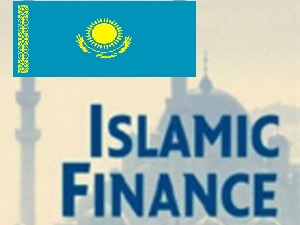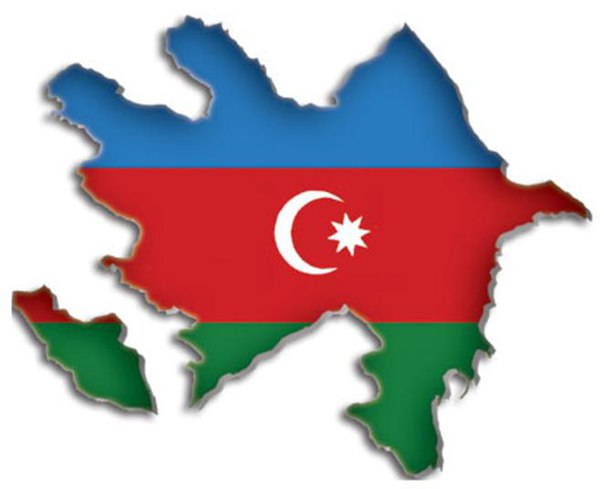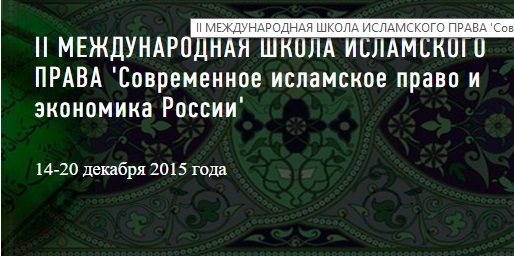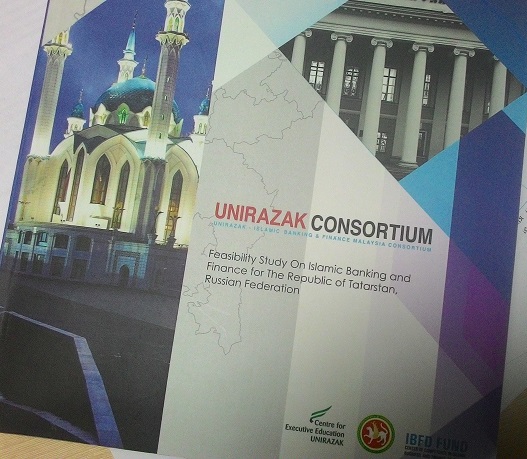Homepage | About us |
Advertise | Partners |
 Contacts | Contacts |
 Русский Русский
|
 |
 |
 |
Latest News
Recent Comments
|
Kazakhstan gears up to issue first sukuk29.07.2010Kazakhstan has resumed work toward issuing the first sukuk out of the CIS, although bankers stress that the issuance will take some time. The Kazakh Ministry of Finance, according to Malaysian bankers, may most likely opt to issue a debut Sukuk Al-Ijarah in the region of $300 million for benchmark purposes.
The Kazakh Ministry of Finance will be both the obligor (therefore responsible for all payments including rental and principal payments to the investors) and originator, who will originate assets for the sukuk issue. One pool of assets considered for the debut issue is a number of roads belonging to the State Property Committee which will have a market value equal to that of the sukuk issuance. 
Kazakhstan has resumed work toward issuing the first sukuk out of the CIS, although bankers stress that the issuance will take some time. The Kazakh Ministry of Finance, according to Malaysian bankers, may most likely opt to issue a debut Sukuk Al-Ijarah in the region of $300 million for benchmark purposes.
The Kazakh Ministry of Finance will be both the obligor (therefore responsible for all payments including rental and principal payments to the investors) and originator, who will originate assets for the sukuk issue. One pool of assets considered for the debut issue is a number of roads belonging to the State Property Committee which will have a market value equal to that of the sukuk issuance. The challenges for the sukuk market in Kazakhstan are the specific regulatory provisions on Islamic securities, for instance, originators are limited to Islamic banks and national holding or managing holding companies. Market players would like to see state and privately-owned companies also issue sukuk directly. There are some legal and regulatory constraints when issuing sukuk out of Kazakhstan, but arrangers stress that these can be overcome. For instance, in a Sukuk Al-Ijara structure, upon issuance of the sukuk, when the lease is entered into and proceeds from the sukuk issue are received by Kazakhstan, coupon or any other payments by the Ministry of Finance on behalf of the Roads Committee to investors under Kazakh law must be made by the Ministry of Finance as a result of sovereign finance regulations. Under current Kazakh law there are no impediments in setting up special purpose vehicles (SPVs), which are usually used in terms of issuing the sukuk certificates in the above structure. Under current Kazakh law, SPVs can be established in the form of a joint-stock company or a limited liability partnership, but a government agency cannot act in the capacity of the SPV or issuer of sukuk. Bankers stress that the relevant amendments to Kazakh law would enable such state agencies to act as SPVs in sukuk issuances. These amendments are in the planning stages. Similarly, under Kazakh law only the government of Kazakhstan can issue sovereign bonds, and not a legal entity such as an SPV. Establishing an SPV in the form of a joint stock company or limited liability would require primary legislation which would be drawn out and bureaucratic. Under Kazakh legislation also a sukuk would be perceived as a debt instrument - in this case as a sovereign loan, which would be guaranteed by the assets of the Republic of Kazakhstan. Potential investors in such a proposed sukuk would in fact be making a credit judgment based on the strength of the borrower only and therefore underpinned by the sovereign credit rating of the country. Of the CIS countries, Kazakhstan is emerging as the most proactive and advanced Islamic finance market by far. According to foreign Islamic bankers recently attending a host of Islamic finance conferences in Astana, the Kazakh capital, there is very strong interest in Kazakhstan to develop Islamic finance. A delegation from Malaysia's International Islamic Financial Centre (MIFC) visiting Kazakhstan at the end of January were very encouraged by the developments in the Islamic finance space in the CIS country. The government of President Nursultan Nazarbayev established a working group in 2009 to draw-up a roadmap for an Islamic financial system. In February 2009 the government introduced principles of Islamic finance in the Kazakh legislation to facilitate various Islamic financial transactions such as Murabaha and Ijarah. Amendments made to the Banking Law 1995 allowed the authorization and establishment of dedicated Islamic banks, but not Islamic windows. Subsequently, the first Islamic bank in Kazakhstan is to be established in the first quarter of 2010 was by Al-Hilal Bank of Abu Dhabi. The Kazakh government is a proactive supporter of Islamic finance in a ready-made market in which 60 percent of the population is Muslim. Kazakhstan has a longer history in Islamic finance activities than the other CIS countries. The Jeddah-based Islamic Development Bank (IDB) established its first ever regional office in Almaty, the former capital of Kazakhstan. The Dallah Albaraka Group also established an Islamic bank in Almaty, which was later taken over by Lariba, but which did not really take off. In 2008, Bahrain-based Islamic investment bank, Gulf Finance House (GFH) signed a memorandum of understanding (MoU) with the Kazakhstan government to launch the Caspian Energy Hub which is located at Aktau on the shores of the Caspian Sea. The project will be built in a number of clusters which will have a total value of $10 billion. Kazakhstan is one of the more stable countries in Central Asia with huge oil and gas reserves. It has attracted the largest FDI inflows in the region especially from the US and the EU. Another Islamic financial institution targeting Kazakhstan and other CIS countries is the Islamic Corporation for the Development of the Private Sector (ICD), the private sector funding arm of the Islamic Development Bank (IDB) Group, headed by General Manager and CEO, Khaled Mohammed Al-Aboodi. The ICD focus is primarily on establishing bespoke Ijara (leasing companies). The ICD has hitherto supported leasing companies with lines of financing, but it is more interested in creating the concept of the total Ijara company. SMEs, said Al-Aboodi, are usually cut off from conventional finance, and the Ijara companies will try to redress this situation to some extent. The Ijara companies will not finance activities but buy the equipment, cars or trucks directly. ICD has already established two leasing Islamic companies in the CIS and another in Kazakhstan is on the cards. Al-Aboodi, however, agrees that the CIS countries will need a long education process about Islamic finance, but the potential is huge. Another Islamic finance professional that is bullish about opportunities and developments in Kazakhstan is Adalet Djabiev, CEO of Al-Shams Capital, the only Islamic asset management company authorized by the Capital Markets Authority in Russia. "President Nursultan Nazarbayev is very supportive of Islamic finance. The legal changes that his government has introduced to facilitate Islamic financial products will change the landscape of the industry not only in Kazakhstan but also in the CIS countries," he added. Djabiev confirmed that a professional body for Islamic financial institutions in the CIS countries and Eastern Europe is in the process of being established with the support of banks in Russia, Kazakhstan, Azerbaijan, Uzbekistan, Kyrghiz Republic and a few other countries. There are also cooperation opportunities in human capital development especially in Islamic finance education. Kazakhstan has set up the Regional Financial Centre of Almaty (RFCA) which includes the first academy in the CIS to offer education and training in Islamic finance. Malaysian institutions such as INCEIF and ISRA (International Shariah Research Academy for Islamic Finance) are also exploring collaboration in training, education and research with RFCA counterparts. The RFCA Academy is also cooperating with Rating Agency Malaysia Berhad (RAM) to develop a local rating agency in Kazakhstan. from http://arabnews.com Latest News |
Editor's ColumnAnalytics
News in RSS format |
| © IBFD Fund, 2009-2026. Developed by Linova-MEDIA. Хостинг от uCoz. Design by WebRT |















